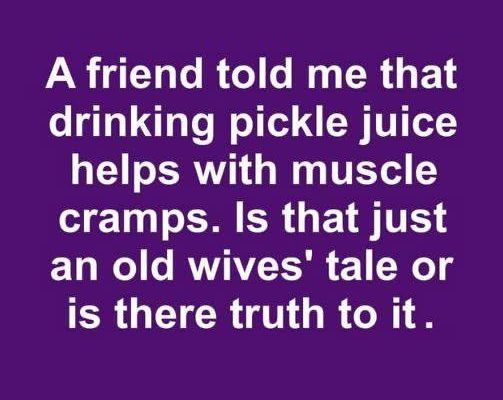Muscle cramps are common and can be caused by dehydration, muscle overuse, fatigue, nerve irritation, or electrolyte imbalances. Traditional remedies include stretching, massage, or consuming foods rich in potassium, but recently, pickle juice has gained popularity as a quick solution.
Surprisingly, its rapid effect—often within 30 to 90 seconds—suggests it doesn’t work by replenishing electrolytes.
Instead, the vinegar in pickle juice stimulates receptors in the mouth and throat, sending signals that temporarily override the nerve misfires causing the cramp.
To use, drink 2–3 ounces at the first sign of a cramp for fast relief, though the high sodium content means it should be used in moderation, especially for those with high blood pressure or kidney issues.
Pickle juice is most helpful for athletes prone to exercise-induced cramps and older adults experiencing nighttime leg cramps, but it may worsen symptoms for those with acid reflux.
While effective, it should complement, not replace, proper hydration, a diet rich in potassium and magnesium, stretching, and other preventive measures. Overall, pickle juice offers a fast, inexpensive way to relieve cramps by interrupting nerve signals, though it doesn’t address the root cause or replace electrolyte



